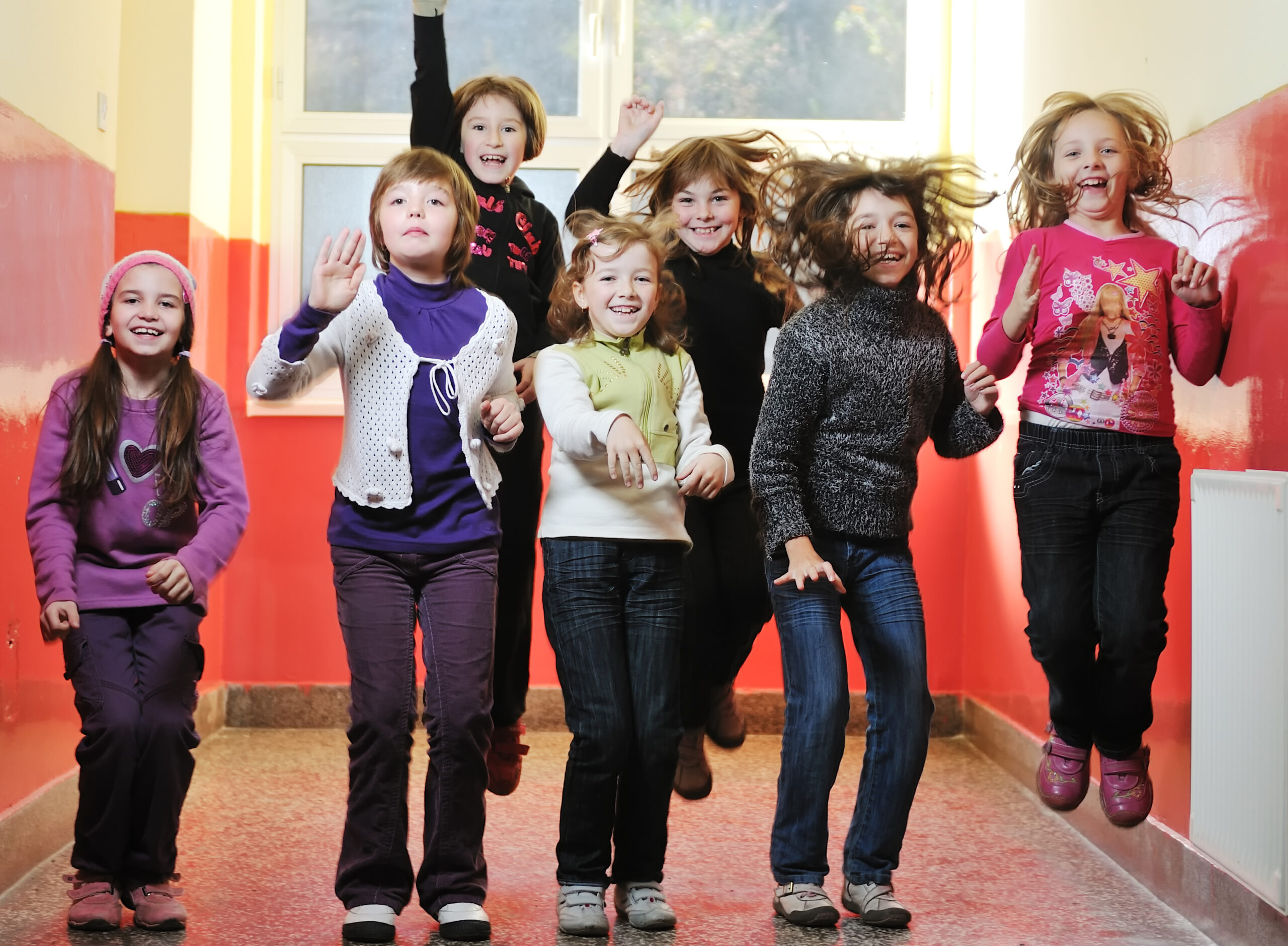This op-ed was written by Rachel Hawks, an intern at Libertas Institute, and originally appeared in Daily Herald on September 14, 2023.
My parents spent three weeks choosing a car for their large family. They spent three years buying land, designing their home and having it built for us.
Yet my public school education was not even a question for them.
Six of my siblings and I went to public school from kindergarten through 12th grade, like 97% of children in Utah. My youngest brother was also in public school, until it didn’t fit him anymore, and my parents were forced to find a better option. Looking back, I wish they had done the same for me.
Early Childhood Challenges: ADHD and Autism Diagnosis
My youngest brother was diagnosed with ADHD and autism before he even entered kindergarten. He, like the rest of his siblings, started public school at age 5, but he had an individualized education program (IEP). This stipulated he would have various personal aides, therapy appointments and services from the school. After a few years, it was clear he needed a different environment that was built to positively engage him and would allow him to flourish academically in ways general public education couldn’t help.
I was diagnosed with ADHD a week before my 23rd birthday, with less than two years left in my undergraduate degree. I now have accommodations so that I can perform to the best of my ability, like my peers who don’t grapple with attention or auditory processing difficulties.
Some people look at me and think I made it through high school, graduating at the top of my class and participating in various clubs, so the public education system did well enough. Maybe I don’t even need accommodations now because I’ve made it this far.
Quiet Achievers vs. Behavior Problems: The Impact on Education
But I don’t look back thinking I needed accommodations in public school — I needed a challenge. My brain makes connections more quickly than a neurotypical student, and I was bored in general education. I finished my worksheets early, so I got more worksheets to keep me busy. I could have explored, learned to love learning and delved into topics I enjoyed. My teachers and peers are lucky I wasn’t “a behavior problem.” Otherwise, I would have caused more trouble for everyone around me instead of being the quiet, gifted girl doing extra worksheets.
I don’t wish I received the same education as my brother; I wish I received the same attention to my education that he received.
Public education isn’t designed to cultivate curiosity or discovery, and the boredom thrust upon kids leads to behavior problems and untapped potential. This isn’t unique to neurodivergence; every child has different interests and aptitudes.
Most parents send their children to public school because it’s the easiest option. But the student population is diverse. How can one system engage a child interested in physics, another who is an artist and another who is dyslexic? No one classroom can service every child, so every parent should be able to find and choose the best fit for their child.
Public school may still be the option parents select, but the intention and understanding of what happens at school is key to parenting and teaching in the home. And even within the public school system, there are open-enrollment options, magnet school programs and charter schools to consider.
Microschools and Community-Specific Educational Solutions
Options in the educational world are expanding. Beyond these, options for parents include homeschooling, private schooling, microschools and hybrid options. It can be a lot to consider, but choosing your child’s education should be a task of patience and diligence.
School choice has never been easier in Utah. In the age of information, there are many websites and resources to help compare schools and other providers. Microschools that support specific needs in the community are becoming more common. Educational innovation has never been more fascinating.
Paying for alternative options has become more affordable with state scholarships. Funds otherwise used to pay for students’ public education can be used by parents to spend on a more personalized education. Not only are there more choices than before, but school choice is being made more affordable.
Don’t leave your kids bored or unchallenged or overlooked in an education system that isn’t a good fit for them. Choose an education for your family and your kids that leads them to success.

